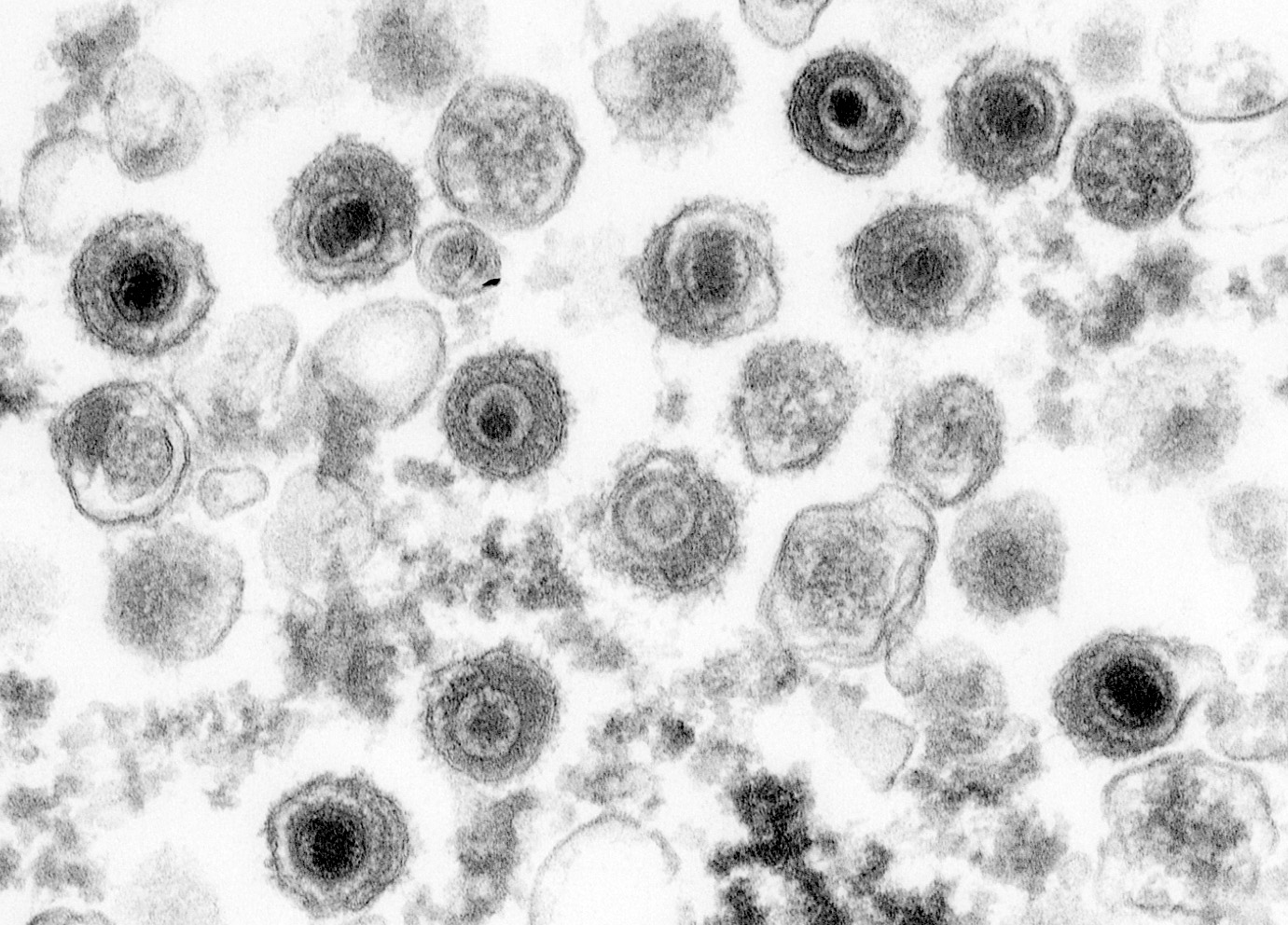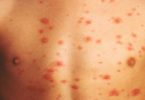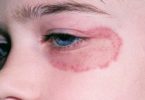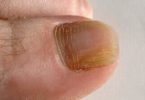
What's in this article?
What is Epstein-Barr virus?
Epstein-Barr virus (EBV), also known as human herpesvirus 4, is a member of the herpes virus family. It is one of the most common human viruses. EBV is found all over the world. Most people get infected with EBV at some point in their lives. EBV spreads most commonly through bodily fluids, primarily saliva. EBV can cause infectious mononucleosis, also called mono, and other illnesses.
Even though Epstein-Barr virus (EBV) isn’t a household name, you’ve probably been infected without knowing it. Lots of people carry the virus but don’t get sick.
Symptoms of Epstein-Barr virus
Once you’re infected with Epstein-Barr virus (EBV), symptoms can take 4 to 6 weeks to show up. When they do, they’re often mild, especially in young children. Kids’ symptoms may be more like those of a cold or flu. Teens often have more obvious symptoms of mono.
If you do get symptoms, most likely you’ll have:
- Fatigue
- Fever
- Lack of appetite
- Rash
- Sore throat
- Swollen glands in the neck
- Weakness and sore muscles

Although you should start feeling better in 2 to 4 weeks, the fatigue can stick around much longer. You may still feel tired a couple of months later.
Causes of Epstein-Barr Virus
Epstein-Barr virus (EBV) is a contagious virus that is transmitted from person to person and occurs throughout the world. The cause of infection is generally close person-to-person contact through bodily fluids, especially saliva. It may also be transmitted during sexual contact through semen, and can also be spread by blood transfusions or organ transplants.
The virus contains double-stranded DNA and multiplies in white blood cells (lymphocytes) and other cells, such as those lining the mouth, tongue, and nose. The human immune system usually contains the virus effectively, reducing but not eliminating the viruses. A few living viruses will persist in a line of lymphocytes for the rest of the person’s life. This is known as “latent” infection (inactive stage). Occasionally, the virus may multiply (reactivate), but this does not cause symptoms unless the person’s immune system is not working properly.
How Epstein-Barr Virus Spreads?
The virus is found in saliva, so you can catch mono from kissing someone who’s infected. You can also get it from drinking from the same glass or using an infected person’s toothbrush. It’s also found in blood and semen, so it’s possible to get mono from sex, a blood transfusion, or an organ transplant.
You don’t have to be sick to pass the virus to someone else. Epstein-Barr virus (EBV) stays in your body long after you get over mono. The virus can become active again months or years later, making you contagious once more.
Prevention & Treatment for Epstein-Barr Virus
There is no vaccine to protect against Epstein-Barr virus (EBV) infection. You can help protect yourself by not kissing or sharing drinks, food, or personal items, like toothbrushes, with people who have EBV infection.
There is no specific treatment for EBV. However, some things can be done to help relieve symptoms, including
- drinking fluids to stay hydrated
- getting plenty of rest
- taking over-the-counter medications for pain and fever






Leave a Comment